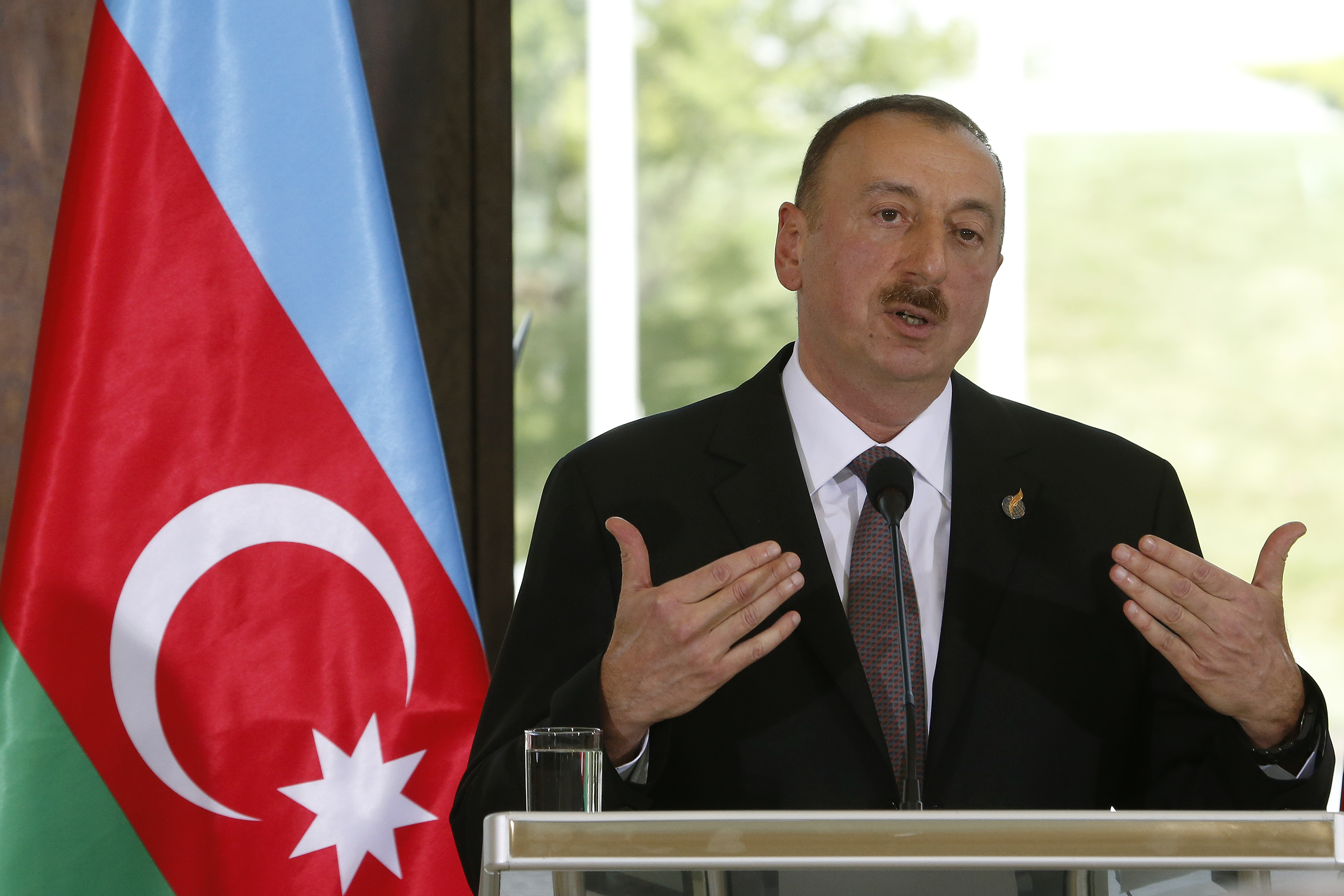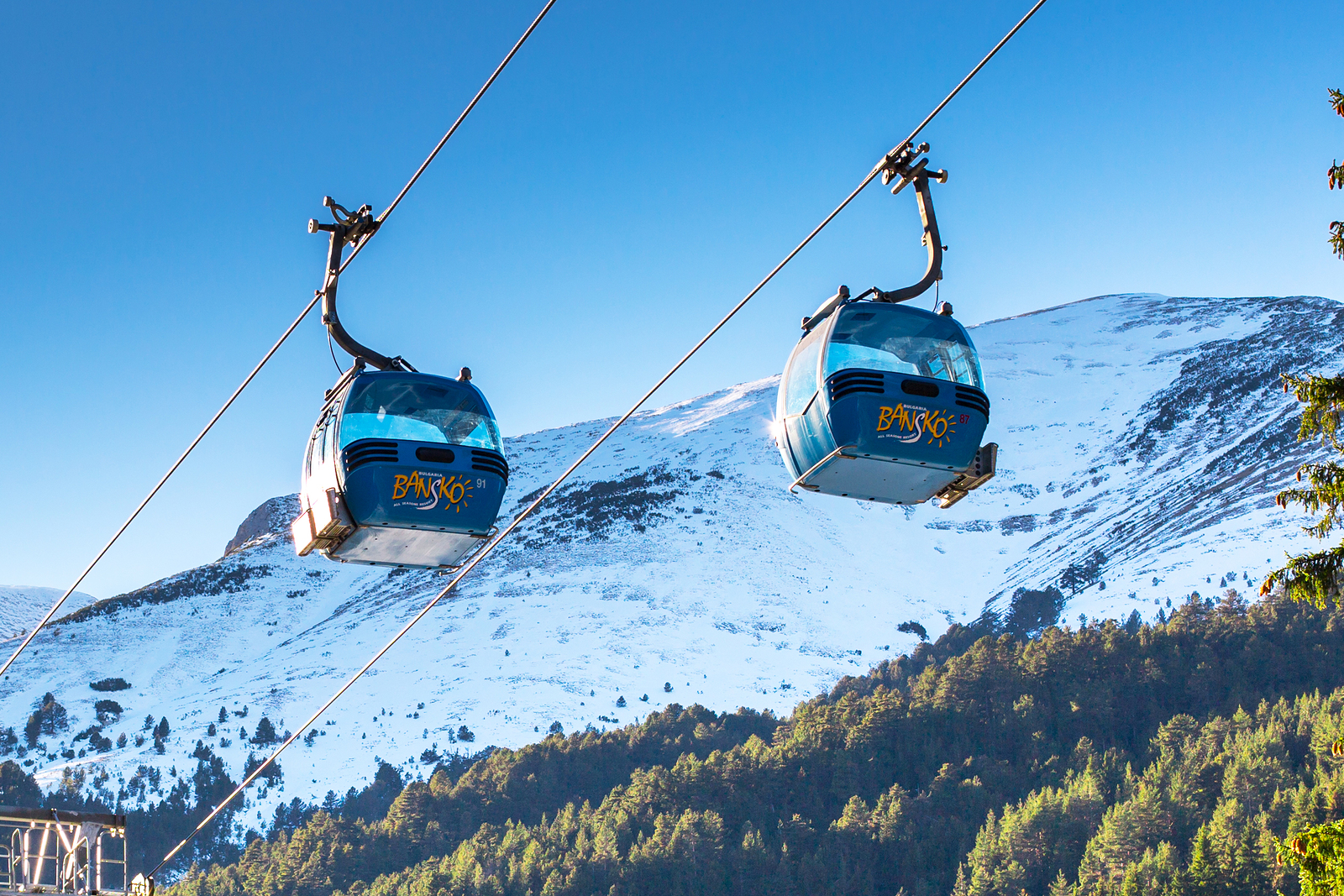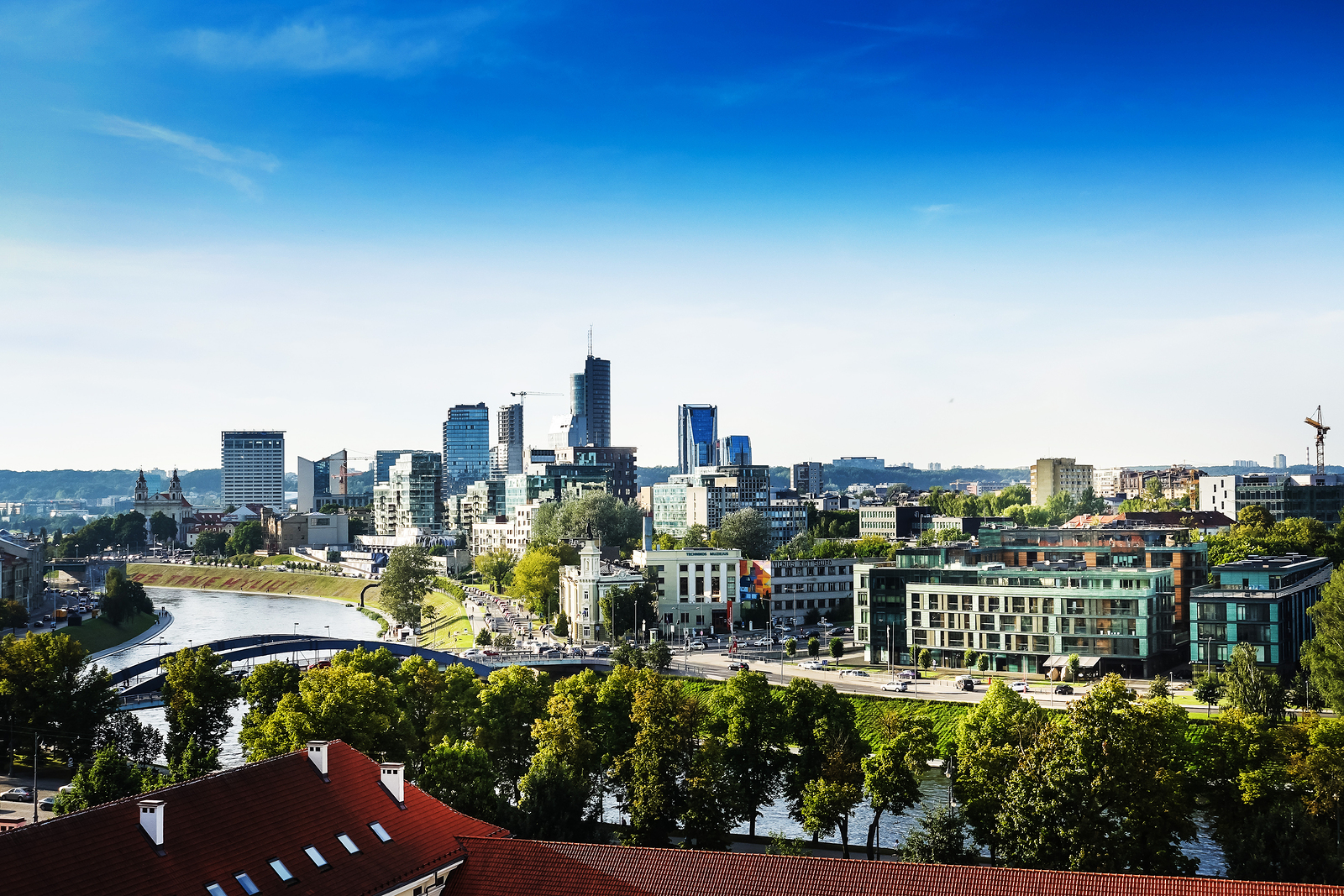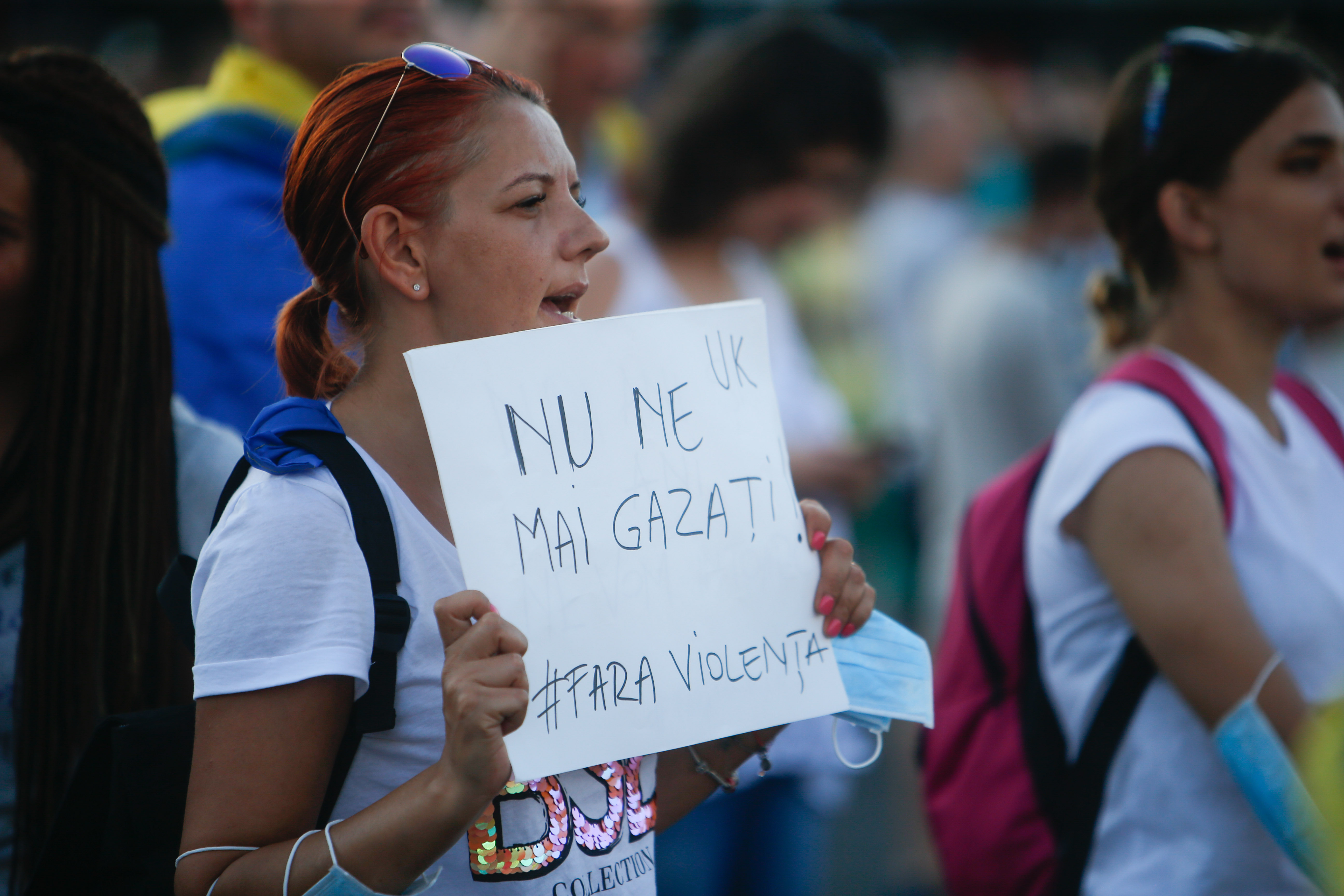Albania moved ever closer to the EU. A huge step forward was taken in April when the European Commission recommended starting accession talks with both Albania and neighbouring Macedonia. Broad-based economic growth was predicted to continue. In October, the country signed a landmark border agreement with the EU. In December, however, MONEYVAL called on the country to tighten legislation to fight money laundering.
Armenia’s president-turned-prime minister Serzh Sargsyan was kicked out of office in a popular revolt. He was replaced by Nikol Pashinyan, whose My Step electoral alliance would easily go on to win an early general election, held in December. Armenia was also chosen as the Economist’s Country of the Year, although dollarisation remains a problem in the banking sector.

Azerbaijan continued its efforts to diversify the country’s economy, placing a particular emphasis on the development of agriculture. The country also launched a programme designed to make it a regional leader in cashless payments. Human rights remain an issue, however, with the OSCE calling for higher electoral standards following a ‘restrictive’ presidential election in which Ilham Aliyev won a new term in office with 86 per cent of the vote.
Belarus extended its visa-free travel programme, precipitating a 20 per cent increase in the number of tourists and investors visiting the country. As the country’s economy continued to grow, it was able to turn down IMF support. Belarus President Aleksander Lukashenko said later in the year that he did not see the need for the establishment of any military bases belonging to other states on the territory of Belarus, including Russia. In October, the country launched a mobility partnership with the EU.
Bosnia and Herzegovina held a general election which resolved little. Serb nationalist leader Milorad Dodik won his community’s seat on the country’s three-person presidency. Sefik Dzaferovic will be the Muslim representative, while Croat voters returned social democrat Zelijko Komsic to their presidential seat. In December the country took its first steps towards NATO membership.

Bulgaria was named as the most corrupt country in the European Union, but an Emerging Europe report suggested that the headlines might be misleading. Media freedom came under scrutiny following the murder of a prominent journalist, but the country’s economy continued to grow, driven by strong domestic demand. Outsourcing remained a key area of growth, but we questioned the sustainability of the country’s booming tourism industry.
Croatia received a 101.4 million euro grant from the European Union to develop an offshore gas terminal on the Adriatic island of Krk. The Croatian government considers the project to be of strategic importance to the whole region, and as such has made the project a priority and is pushing for early completion. The country’s football team were runners-up at the World Cup, an impressive performance that nevertheless masked problems with the domestic game.
The Czech Republic’s president, Miloš Zeman, was elected to a second five-year term after winning a run-off vote against his pro-EU rival Jiří Drahoš. Mr Zeman received 51.8 per cent of the votes cast in the two-day election at the end of January. Later in the year, the country’s prime minister, Andrej Babiš, would come under fierce pressure to resign amidst a range of corruption charges, but in late November he survived a no-confidence vote with help from the country’s Communist Party, which props up his minority government. Euroscepticism was reported to be on rise.
Estonia – by quite some distance – was viewed as being the least corrupt country in emerging Europe in the latest Corruption Perceptions Index, published at the end of February by Transparency International. The Baltic state ranks 21st globally, well ahead of the next emerging European nation, Slovenia, in 34th place. The country was also named as the most media literate in emerging Europe. The largest listing on the NASDAQ Tallinn Stock Exchange in over 10 years saw the Estonian government sell a 33 per cent stake in AS Tallinna Sadam (Port of Tallinn) via an IPO, raising a total of 147 million euros.

Salome Zurabishvili was elected as Georgia’s first female president. Mrs Zurabishvili comfortably beat rival Grigol Vashadze, taking almost 60 per cent of the vote. Anaklia Deep Sea Port remained on track to receive its first vessels by the end of 2021, while Georgia was once again the leading emerging European nation in the World Bank’s Doing Business report. However, the bank also warned that job creation is not keeping pace with economic growth. A controversial pension reform split public opinion, and the country legalised the consumption – but not the sale – of marijuana.
Victor Orbán, Hungary’s prime minister, won a third term in office with a huge majority. His campaign centred on anti-migrant and anti-refugee rhetoric, although later in the year a former Macedonian prime minister, Nikola Gruevski, convicted of corruption in his own country, was controversially granted asylum in Hungary. In June, the EU launched infringement proceedings against the country, while later in the year the prestigious Central European University was forced to quit Budapest. The year ended with a number of protests against a so-called ‘slavery’ law that will see workers forced to carry out up to 400 hours of overtime a year. Investors do not appear to have been put off by the unrest: the BMW Group announced that it is to build a new production facility in the eastern city of Debrecen, worth one billion euros.
Kosovo edged closer to a deal with Serbia that would involve a swapping territory for some kind of formal recognition. It then angered Serbia, however, by imposing import tariffs on Serb goods and announcing plans to create an army. Economic growth remained solid, but the IMF called for a renewed programme of reform. Kosovan pop singer Dua Lipa, who emigrated to the UK as a teenager, won best British female and British breakthrough artist at the 2018 Brit Awards.
In February, Latvia was immersed in a banking scandal that led to the arrest of Ilmars Rimsevics, governor of the Latvian National Bank and a board member of the European Central Bank (ECB). The country’s third-largest lender, ABLV Bank, then collapsed after US authorities accused it of “a wide array of illicit conduct.” In an exclusive interview, Latvia’s Minister of Finance Dana Reizniece-Ozala told Emerging Europe what was being done to clean up the country’s financial sector. In October, a pro-Russian party won the country’s parliamentary election.

Growth in Lithuania remained strong, but analysts warned about falling labour supply. FinTech remains a key area of growth, with innovative ventures such as a regulatory sandbox attracting investors. FDI levels are encouragingly high. In May, the country joined the OECD, while a cheeky promotion campaign did wonders for tourism. Invest Lithuania was named emerging Europe’s best investment promotion agency at the inaugural Emerging Europe awards.
Macedonia resolved a long-standing feud with Greece over the name of the country, which now looks set to officially become the Republic of Northern Macedonia. As a result, the country was formally invited to become a member of NATO, something which could, however, create new tensions between Russia and the West. The country will also begin negotiations to join the EU in 2019. The country was criticised for failing to fight corruption. A former prime minister, Nikola Gruevski, was granted asylum in Hungary.
Moldova continued to recover from a banking scandal which hit the country in 2014. Its largest bank, MAIB, was sold, although the reform process took a hit later in the year when the effective head of the country’s national bank surprisingly quit. In June, the result of a mayoral election in the capital Chișinău was controversially overturned by a court whose independence has been questioned. The country’s wine industry offered hope, not least when Purcari Wineries raised 186.2 million Romanian lei (40 million euro) through an initial public offering (IPO) of a 49 per cent stake at the Bucharest Stock Exchange (BVB).
Pro-European Union candidate Milo Đjukanović was voted Montenegro’s president for the second time in April after taking almost 54 per cent of the vote. In its Western Balkans strategy, the European Commission singled out Montenegro and Serbia as the only two countries in the region currently capable of full EU membership by 2025. US President Donald Trump was ridiculed for suggesting that Montenegro was an ‘aggressive’ country.
Poland became the first emerging Europe nation to be classified as a developed market, although analysts believe that democracy in the country is under threat. The EU sued the country over judicial reforms, forcing the ruling Law and Justice party (PiS) to backtrack. At least one analyst called for the party to be banned. PiS did less well than expected in local elections, but remains well supported ahead of general elections in 2019. In an exclusive interview, former foreign minister Radosław Sikorski said the country could do better. Kler, a film which deals with paedophilia in the Catholic church, became the country’s highest-grossing movie of all time. We spoke to its director, Wojciech Smarzowski.

Romania appointed its first female prime minister, Viorica Dancilă. She would quickly become deeply unpopular, not least when her government forced the effective anti-corruption chief Laura Codruta Kövesi out of office. Shortly before her dismissal, Ms Kövesi gave an exclusive interview to Emerging Europe. In August, a huge demonstration by Romania’s diaspora in the capital Bucharest was violently put down by forces loyal to the ruling PSD-ALDE coalition. In November, the country’s finance minister suggested that one way to stem the country’s demographic decline would be to limit the amount of time Romanians can live and work outside the country. In better news, the country still has the fastest internet in emerging Europe.
Serbia’s economic outlook remained positive, but problems, not least in the under-performing export sector, remain. The ICT scene continued to grow at an impressive pace. Tensions with Kosovo remained, especially when Kosovo introduced import tariffs on Serbian goods in November. In its Western Balkans strategy, the European Commission suggested the country could be ready for EU membership by 2025. Belgrade’s city assembly decided to ban the sale of plastic shopping bags in the Serbian capital from January 1, 2020, in order to help reduce pollution.
Slovakia was rocked by the brutal murder of an investigative journalist. The scandal surrounding the murder led to the resignation of the country’s prime minister, Robert Fico. While investors remained positive, they admitted that corruption remained a concern. In October, British car maker Jaguar Land Rover nevertheless opened a new manufacturing facility in Nitra, following an investment worth 1.4 billion euros. The Euro Health Consumer Index revealed that Slovakia has the best public healthcare system in the EU.
A former comedian became Slovenia’s prime minister following an inconclusive general election. The country’s chamber of commerce called for a reduction in taxes and red tape. The country remained a leader in robotic innovation, and in November announced that it would launch two satellites early in 2019. In November, Slovenia became the first NATO member to appoint a female army chief. We profiled the country’s leading chef, Ana Ros, owner of Hiša Franko, one of emerging Europe’s best restaurants.
Ukraine declared martial law in some parts of the country following a Russian attack on two Ukrainian vessels in the Kerch Strait. The US approved 200 million US dollars in military aid for the country. The country set up an anti-corruption court, and raised gas prices in order to secure a new deal with the IMF. The country remains emerging Europe’s poorest, however, and 2019 looks set to be a crucial year.





Add Comment